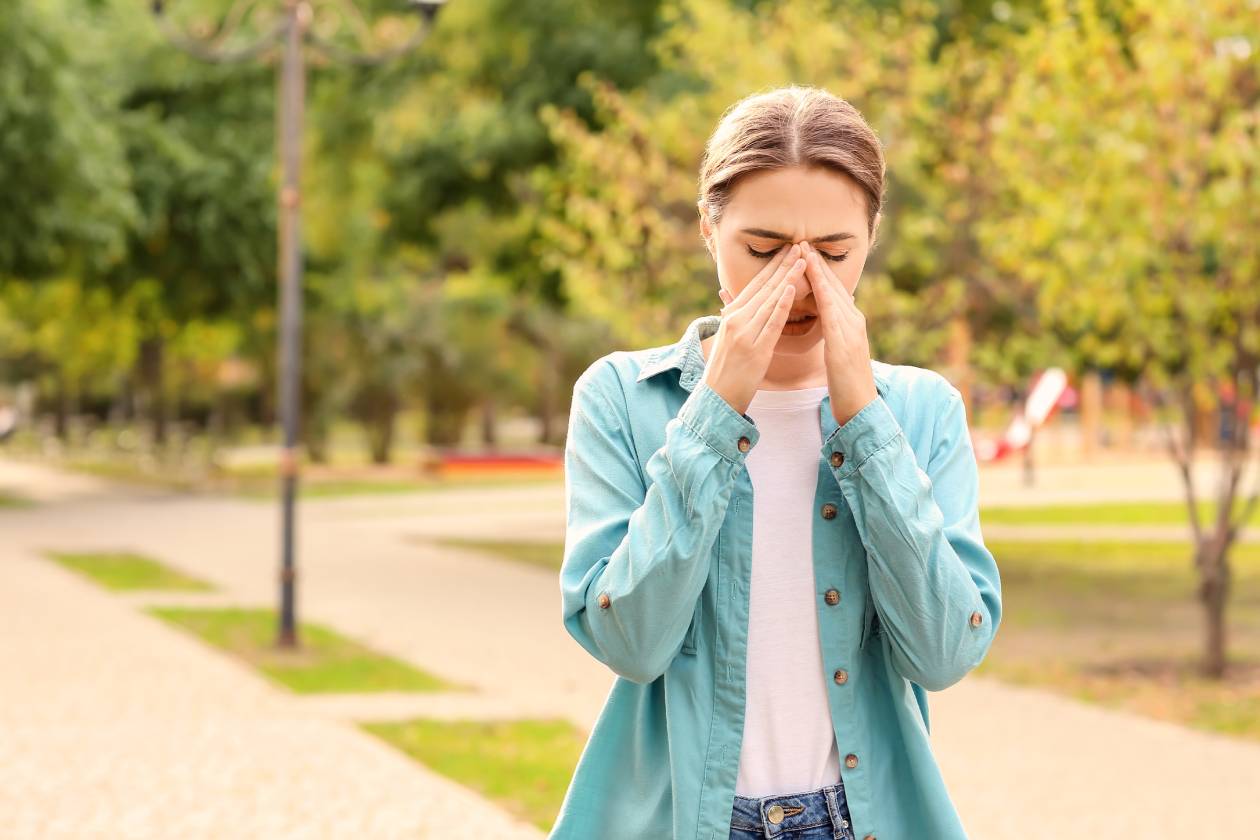Have you always sailed through spring and fall without a sniffle, only to find yourself suddenly reaching for tissues and sneezing your way through these seasons? If so, you’re probably wondering whether you can develop seasonal allergies as an adult. The short answer is, surprisingly, yes. It’s not just kids and teens who get to claim this irritating seasonal badge. Read on to further explore the reasoning behind this unfortunate development and what you can do to adjust.
Table of Contents
Why Adults Get Seasonal Allergies
It might seem odd to suddenly find yourself with seasonal allergies as an adult, especially if you’ve lived allergy-free for decades. Several factors contribute to this late-onset phenomenon. Moving to a new geographic area with different plants and pollen, changes in your immune system, and even increased pollution levels can all trigger adult-onset seasonal allergies.
Signs You May Have Developed Seasonal Allergies
How do you know if it’s seasonal allergies or just that cold that everyone at the office seems to be passing around? Typically, seasonal allergies come with a beautiful bouquet of symptoms like sneezing, runny or congested nose, itchy eyes, and maybe even postnasal drip. These symptoms tend to persist longer than your average cold and magically appear whenever you’re exposed to the allergen, especially during peak pollen seasons.
Tips for Managing New Allergy Symptoms
Adjusting to this new, sneezy normal doesn’t have to be miserable. Managing your symptoms involves a bit of detective work and a lot of self-care.
Start by pinpointing your triggers. This might mean tracking your symptoms and their occurrences or consulting with an allergist for testing.
Once you know your triggers, you can take practical steps, such as keeping windows closed during high pollen times and showering before bed to remove allergens. Not rubbing your eyes and practicing other eye care during allergy season can stop you from worsening certain symptoms.
But the most powerful ally in managing symptoms is an over-the-counter antihistamine. This can be expensive, but buying generic brands or wholesale deals can make it affordable.
Getting Allergy Testing and Diagnosis
If your daily antihistamine is becoming your best friend and you still can’t shake the sneezes, it might be time to seek an allergy test. Allergy testing, often through skin prick tests or blood tests, can identify specific allergens making your life difficult. With these results, you can tailor your avoidance strategies and treatment plan more effectively, possibly even exploring options like immunotherapy (allergy shots) to reduce your sensitivity to allergens.
Now you know that you can develop seasonal allergies as an adult and have some practical advice on how to adjust to this new normal. Though challenging and uncomfortable, it can help to remember that so many people deal with allergies. You have an entire world full of people who understand the struggle and can offer encouragement and advice. With patience, care, and perhaps a bit of medical advice, you can tackle these allergies head-on and enjoy every season to its fullest.




